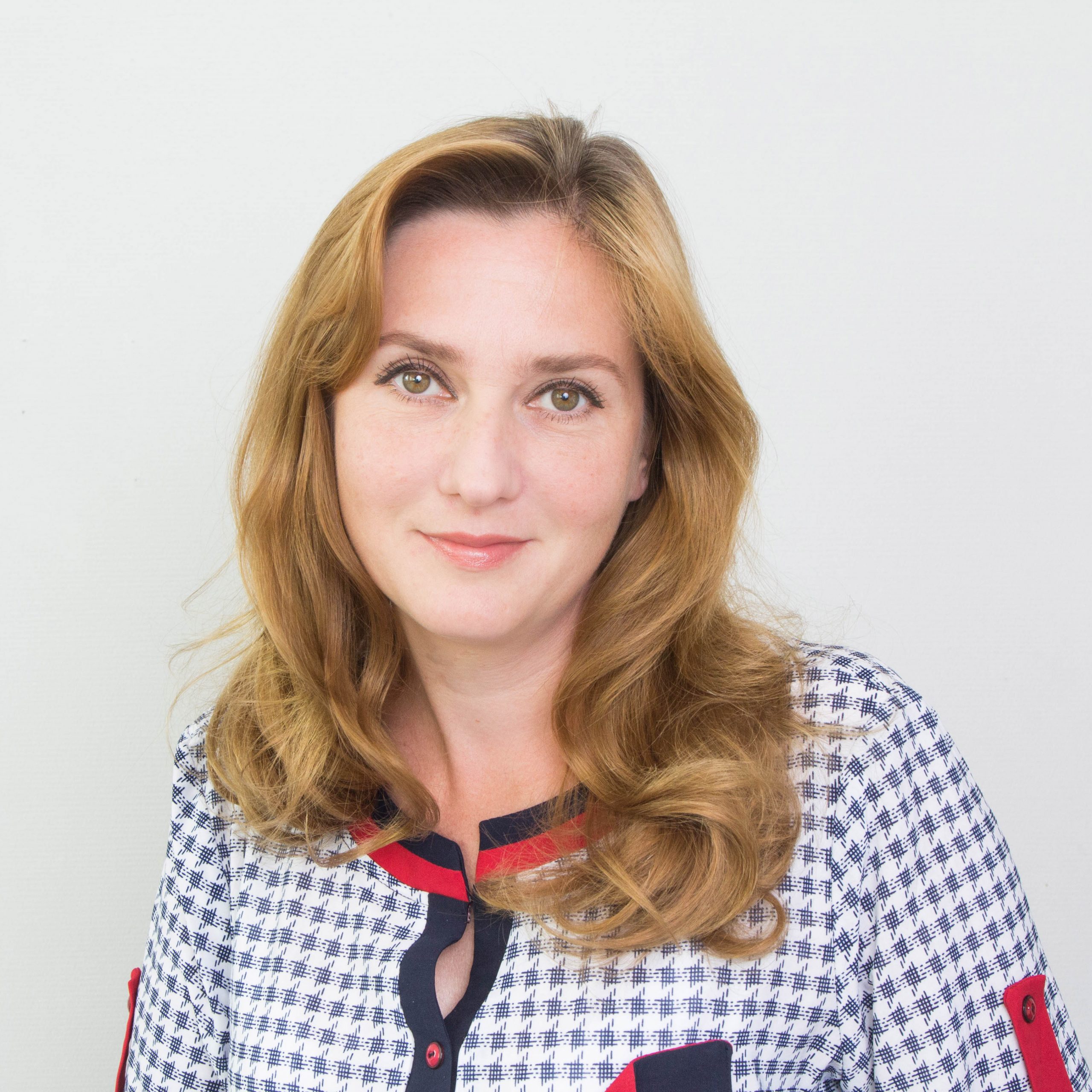The Laboratory of Natural Sciences and Biotechnologies
The interdisciplinary laboratory unites such subjects as physics, chemistry, biology, astronomy, and others. The Laboratory’s teaching staff teaches the idea of relations between living organisms and the laws of physics and chemistry for children, encourages them to treat the environment carefully and learn the laws of nature. Together with high school students, teachers study theoretical materials and try implementing them in project activities. The edutainment format is used for primary school students: a lot of spectacular experiments are conducted and the most tricky questions are answered. The Laboratory aims at inverting the complex into simple and revealing the advantages of the scientific worldview.
Our courses
Entertaining chemistry (5—16 years)
The course contributes to the student’s research interest in chemistry. Within the courses for younger children, they are taught to handle reagents carefully, change the color of water through chemical reactions, and conduct their first experiments. The course for high school students is aimed at contributing to the knowledge about chemical substances and methods of research on them as an important component of a consistent worldview.
Entertaining physics (5—14 years old)
Playfully, students learn physical methods of measurement and develop their research skills, get acquainted with the nature of the work of a modern physicist and engineer.
Entertaining biology (8—12 years old)
The course contributes to the student’s research interest in biology. The course is aimed at introducing students to the diversity of life on Earth, the interrelations between living organisms, and the role of the human on the planet. Teachers make emphasis on environmental issues and ways to solve them that are available for school students. Classes mostly include practical and laboratory works that simulate scientific research.
Research methods in physics (14—17 years old)
The course is aimed at developing a consistent natural sciences worldview through a real presentation of key methods of studying physical processes and phenomena.
Classes discuss the practical significance of the achievements in the field of physics for the development of energy, transport, communications, medicine, and environmental protection. Teachers reveal the essence of the basic physical concepts and laws, analyze the basic theories with students, which determine the structure of matter, through experiments. Students will be able to use their knowledge of physical laws and theories to explain the structure of matter, forces, and interactions in nature, the origin of fields as well as learn to differentiate between proven scientific data from unverified information and systemize the basic knowledge in physics.
Research methods in biology (13—16 years old)
The course is aimed at introducing students to the diversity of life on Earth, the interrelations between living organisms, and the role of the human on the planet. Classes mostly include practical and laboratory works that simulate scientific research.
Research methods in chemistry (13—17 years old)
Entertaining geography (5—10 years old)
“Entertaining Geography” introduces students to the basic concepts of geography and amazing discoveries and renowned explorers.
First aid on simulators (10—17 years old)

Aksana Vasilieva
- VasilevaAE@mgpu.ru

